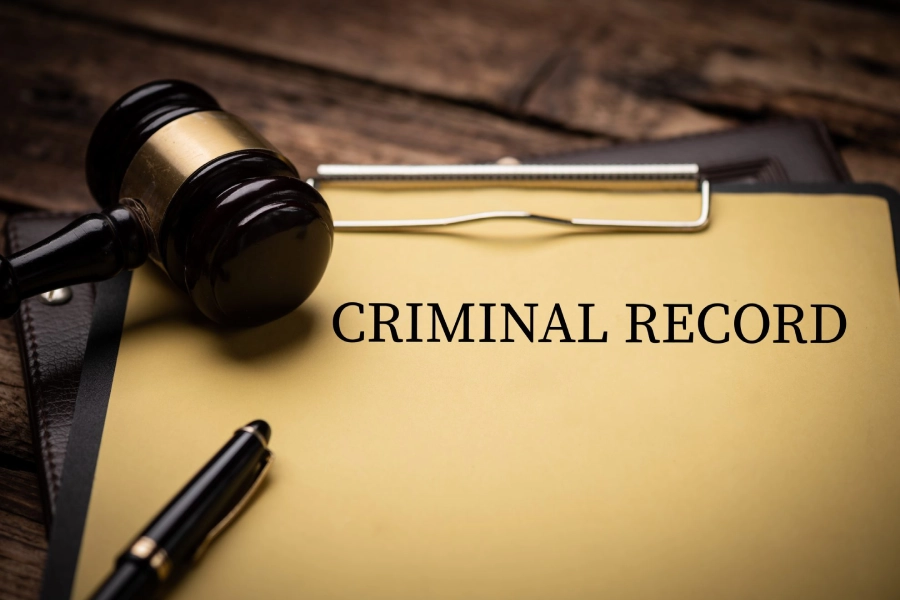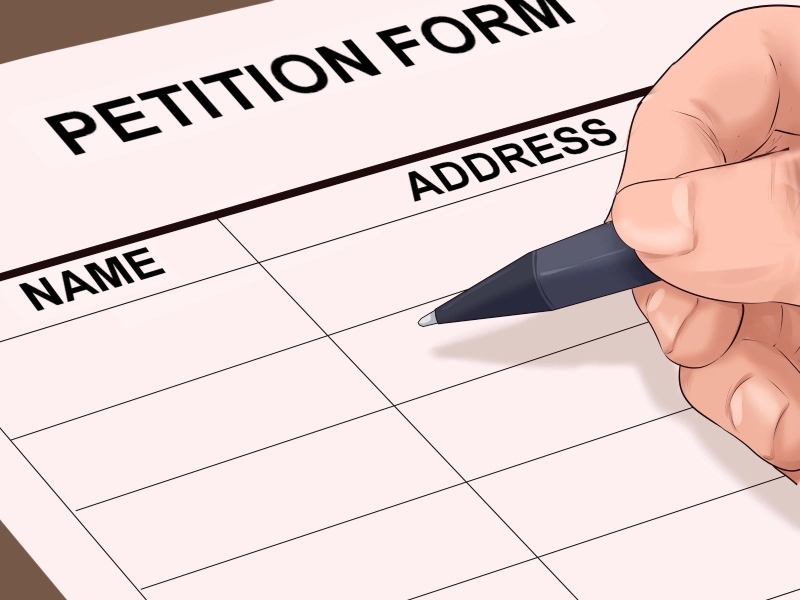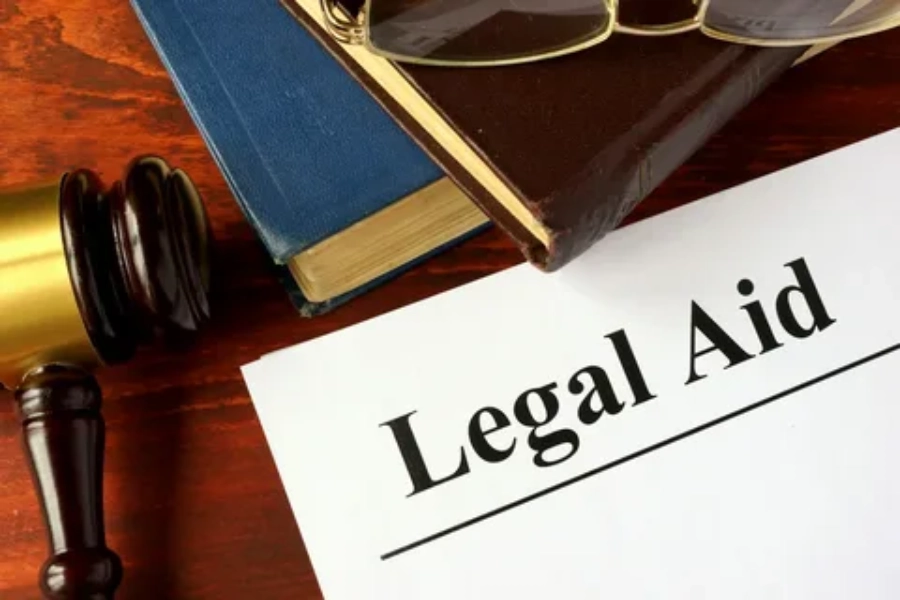Clear Your Criminal History Without Paying Legal Fees
Having a criminal record can significantly impact your life—from finding employment to securing housing. Fortunately, Illinois law allows certain individuals to expunge their criminal records, which means erasing them from public view. In this guide, we’ll explain exactly how to expunge a criminal record in Illinois for free, step-by-step, using only government-provided resources.
What Is Expungement?
Expungement is a legal process that removes arrests, court supervisions, or certain probation sentences from your public criminal record. Once a record is expunged, it is as if it never happened—it won’t appear in background checks conducted by employers, landlords, or most institutions.
Note: Not all offenses are eligible for expungement. Ineligible records may still qualify for sealing, which hides them from public view but not from law enforcement.
Who Is Eligible for Free Expungement in Illinois?
Eligibility depends on:
-
Type of offense (felony, misdemeanor, arrest, etc.)
-
Final outcome (dismissed, acquitted, supervision, conviction)
-
Time since the case closed
Here are general guidelines for free expungement eligibility in Illinois:
You were arrested but not convicted
Your case was dismissed, found not guilty, or stricken off
You completed court supervision for a qualifying offense and waited the mandatory time (typically 2 years)
You completed qualified probation, such as for first-time drug or alcohol offenses
Most felony convictions are not eligible for expungement
Domestic violence, DUI, and sex offenses usually don’t qualify
You’re still serving a sentence, or on probation/parole
For those with convictions, sealing might be a better option. You can still petition for sealing for many felonies and misdemeanors.

Step-by-Step Guide: How to Expunge Your Record for Free
Let’s break down the free expungement process in Illinois.
1. Get a Copy of Your Criminal Record
You’ll need to know exactly what’s on your record.
-
Request your rap sheet from the Illinois State Police (ISP)
-
Or get your Chicago RAP sheet from the Chicago Police Department
Alternatively, you can request a free court disposition from the clerk’s office in the county where the arrest occurred.
Tip: Visit Illinois Legal Aid Online to get a checklist based on your record.
2. Check If You’re Eligible for Expungement
Use the Illinois Legal Aid Expungement and Sealing Eligibility Tool to determine:
-
Which offenses are expungeable
-
What forms you need
-
Waiting periods (if any)
Visit: Illinois Legal Aid Online Eligibility Tool
3. Complete the Expungement Petition Forms
You’ll need to fill out:
-
Petition to Expunge
-
Notice of Filing for Expungement
-
Order to Expunge
These forms are available for free at:
-
[County Clerk of Court websites]
Use your record details to accurately complete the forms. If you’re unsure, legal aid organizations offer free help with form filling.

4. File the Petition with the Court
Take your completed forms to the Circuit Clerk’s Office in the county where the arrest or charge occurred.
Filing Fees:
-
Many counties waive fees if you qualify for a fee waiver
-
Submit a Request for Waiver of Court Fees if you’re low-income
Important: If your case involved multiple counties, you’ll need to file a petition in each county separately.
5. Serve Notice to Agencies
The court may require you to serve a copy of the petition to:
-
State’s Attorney
-
Illinois State Police
-
Arresting agency (e.g., Chicago PD)
Most courts handle this for you, but ask to confirm.
6. Attend the Hearing (If Required)
Some courts schedule a hearing to review your petition. At the hearing:
-
Be honest and respectful
-
Explain how the record affects your life
-
Show evidence of rehabilitation (job, school, no new charges)
If no objection is filed, your expungement might be granted without a hearing.
7. Wait for the Judge’s Decision
If approved, the court will send an order to expunge to:
-
Illinois State Police
-
Arresting agency
-
Clerk of the Court
Records are usually cleared within 60 days, though it can take longer depending on agency processing.
Free Legal Help in Illinois
You don’t need a private attorney to expunge your record. These organizations offer free help:

Legal Aid Clinics:
-
Cabrini Green Legal Aid (CGLA)
cgla.net -
Chicago Bar Foundation’s Justice Entrepreneurs Project
-
Illinois Legal Aid Online
illinoislegalaid.org
Law School Clinics:
-
Loyola, Northwestern, and University of Chicago law schools often host record relief clinics for free.
LSI Keywords to Boost Search Visibility
Here are some latent semantic indexing (LSI) keywords naturally included to improve ranking:
-
expungement vs sealing
-
criminal background check
-
clear arrest record
-
file expungement Illinois
-
low-income expungement help
-
Illinois expungement cost
-
how to clear record without a lawyer
-
legal aid for expungement
-
expunge misdemeanor in Illinois
Final Thoughts
Expunging your criminal record in Illinois for free is absolutely possible—you just need the right information and some time. By taking advantage of free resources and legal aid, you can clear your name, improve your job prospects, and move forward without the burden of your past.
If you’re eligible, don’t wait. Start the process today and give yourself a fresh start—at no cost.
(FAQ)
❓ Can I expunge my criminal record in Illinois without a lawyer?
Yes, you can file for expungement on your own using free legal aid tools like Illinois Legal Aid Online. Many people successfully complete the process without hiring an attorney, especially for minor offenses or dismissed cases.
How long does it take to get a criminal record expunged in Illinois?
It typically takes 2 to 6 months from the time you file your petition until the record is cleared. Some counties process faster than others, and delays can happen if agencies object.
What crimes cannot be expunged in Illinois?
Crimes that generally cannot be expunged include:
-
DUI convictions
-
Domestic battery
-
Most violent felonies
-
Sex offenses requiring registration
In such cases, you may still be able to request sealing instead.

